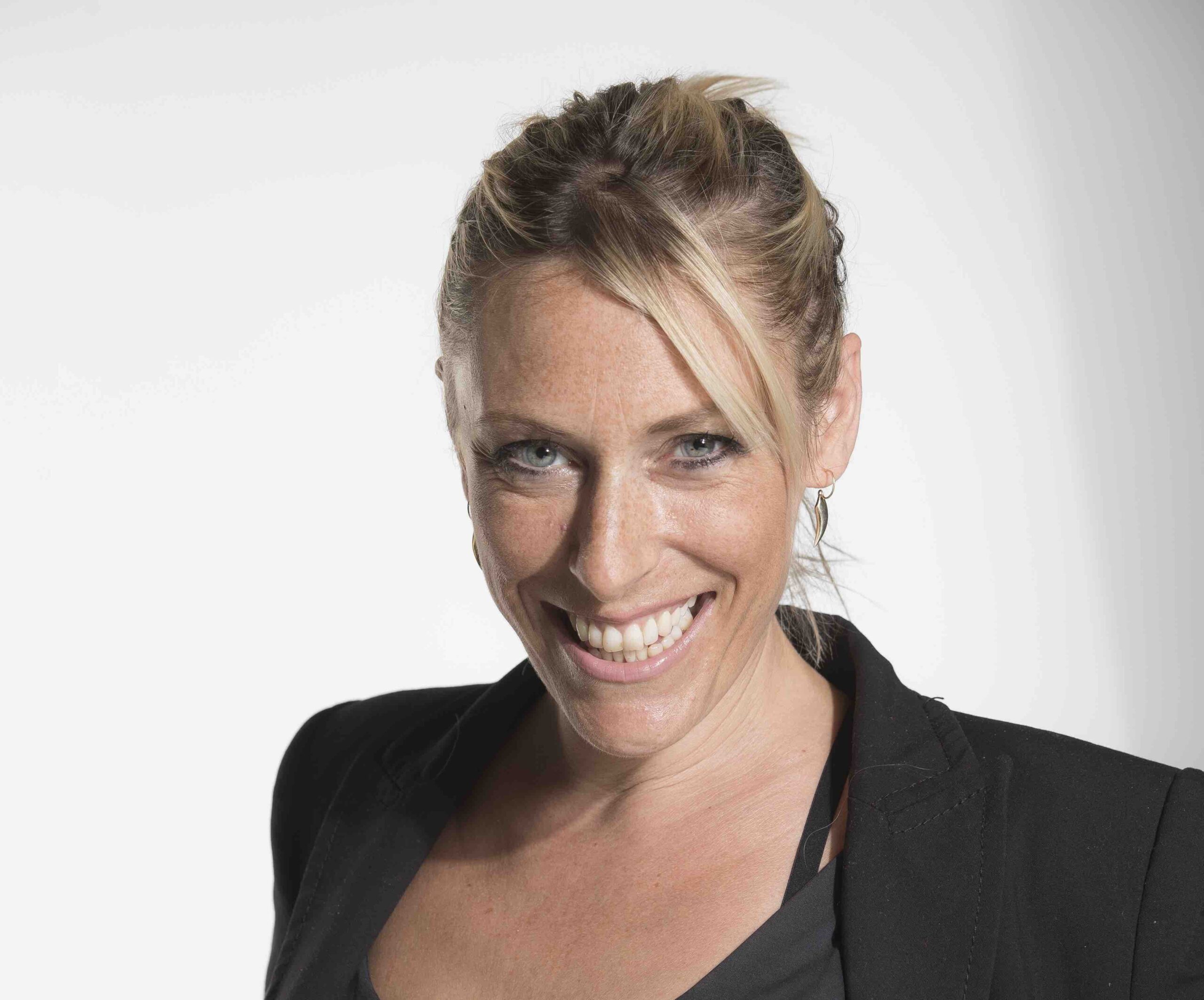Main Menu
- Top News
-
CrowdStrike Outage Causes $5.4bn Losses for Fortune 500 Firms
July 25, 2024 -
Global Markets Plunge as Investors Sell Off Tech and AI Stocks
July 25, 2024 -
China and Russia Strengthen Investment and Energy Cooperation
July 25, 2024 -
Italian PM Giorgia Meloni to Visit China for Trade Talks
July 25, 2024 -
Revolut Receives UK Banking Licence
July 25, 2024
- Regions
- Banking
-
Deutsche Bank Looks to Q3 For Improved Financial Results
July 24, 2024 -
Philippines Launches Automated Intraday Settlement Facility
July 23, 2024 -
NatWest Launches Banking App on Apple Vision Pro
July 22, 2024 -
European Banks’ Earnings in Focus
July 22, 2024 -
BoA reports strong Q2 earnings
July 16, 2024
- Investment
-
CrowdStrike Outage Causes $5.4bn Losses for Fortune 500 Firms
July 25, 2024 -
Global Markets Plunge as Investors Sell Off Tech and AI Stocks
July 25, 2024 -
China and Russia Strengthen Investment and Energy Cooperation
July 25, 2024 -
Alphabet’s Q2 Performance Boosted by Search, Cloud Revenue
July 24, 2024 -
US Ether ETFs See Strong Inflows on First Trading Day
July 24, 2024
- Infrastructure
-
AIIB to Invest $1 Billion in African Projects
May 29, 2024 -
AfDB Commits $1.44 Billion to Boost Nigeria’s Infrastructure
May 29, 2024 -
EBRD Grants €236 Million Loan for Armenia’s Largest Road Project
May 23, 2024 -
TotalEnergies Criticises Slow Wind Power Approvals in France
May 23, 2024 -
DP World Expands Romanian Operations with New Hub
May 23, 2024
- Tech
-
Revolut Receives UK Banking Licence
July 25, 2024 -
Alphabet’s Q2 Performance Boosted by Search, Cloud Revenue
July 24, 2024 -
Revolut Prepares $500 Million Share Sale, Valued at $45 Billion
July 24, 2024 -
Rabobank Partners with Zafin to Enhance Pricing and Billing
July 24, 2024 -
Bank Audi Launches Lebanon’s First Digital Bank: Neo
July 23, 2024
- Featured
-
The evolution of digital assets in a digital age
July 26, 2024 -
Current Dynamics of Financial and Real Estate Markets: Insights and Strategies
June 28, 2024 -
Successful tax transformation for international organisations
June 28, 2024 -
Deuna: Changing Lives, Empowering Dreams
June 28, 2024 -
The Bigger The Waves, The More Expensive The Fish
June 28, 2024
- Videos
- Subscribe
- Magazine
- Awards
-

























